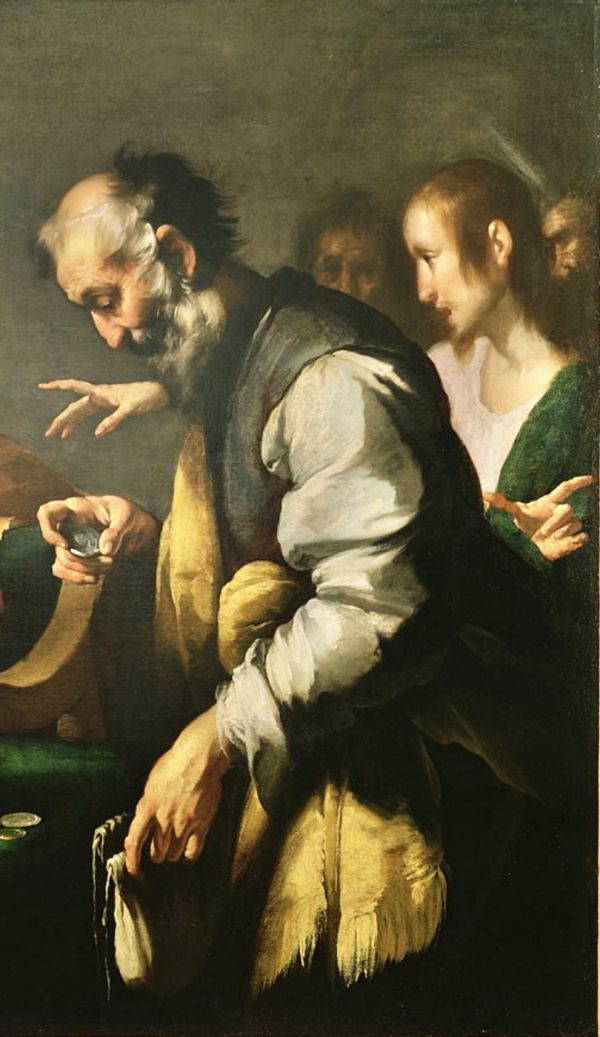The Conversion, forbidden things and the Doctor of opposites
(Lk 5:27-32)
At the time when Luke wrote his Gospel (immediately after the mid-80s), the community of pagans converted to Christ in Ephesus was pervaded by lively temptations and marked by defections.
In addition, a question arises in the internal church debate about the kind of admissible participation in the meetings, and the Breaking of Bread.
The evangelist narrates the episode of «Levi», avoiding simply calling him Matthew - almost as if to accentuate his Semitic and paradoxically cultic derivation.
Thus Lk wants to describe how Jesus himself had faced the same conflict: without any ritual or sacral attention, if not to man.
According to the Master, in the journey of Faith the relationship with the distant, different, and our very discomforts or hidden abysses, have something to tell us.
The Father is a friendly Presence. His life-saving initiative is for everyone, even for those who don't know how to do anything but look after their own gain.
This diminishes and overcomes the obsession with sin that religions considered an insurmountable barrier to communion with God - by marking life.
The Good News is that the Eucharist (v.29) is not a reward for merit (v.30).
Eating together was a precious sign of sharing, even on a religious level. At banquets, legalists avoided contact with sinful members of their own people.
Instead, all are called and each can be reborn, even surpassing the pure ones.
So putting yourself among sinners is not a defeat, but truth. And sin itself is no longer just a deviation to be corrected.
This is why the figure of the new Master touched the hearts of the people: he bore the sign of Grace; communion with the lost and guilty.
But with these gestures the Son seemed to put himself in God's place (v.30).
In fact, the Father catches us without fences, at the point where we are: He doesn’t pay attention to social condition and origin.
Among the disciples, it is likely that there were quite a few members of the Palestinian resistance [guerrillas fighting against the Roman occupiers].
On the other hand, here Jesus calls a collaborator of the Romans who let himself be guided by the advantage.
As if to say: the new community of children and brothers doesn’t cultivate privileges, separations, oppressions, hatreds.
The Master always stood above the political clashes, ideological distinctions and external disputes of time.
In his Church there is a strong sign of discontinuity.
He does not invite the best or the worst to follow, but opposites - even of our own personality. He wants to dispose us «to conversion» (v.32): to make us change our point of view, mentality, principles, way of being.
In this adventure we are not called to forms of dissociation: we start from ourselves.
Thus Jesus inaugurates a new kind of relationships, even within us. A New Covenant, of fruitful differences.
And the single Word «Follow Me [not others]» creates all (v.27).
Therefore, in this Lent we can put the idea of “belonging” in brackets; to rely on God alone, break down barriers, and celebrate.
It’s not ‘perfection’ that makes us love the Exodus.
[Saturday after the Ashes, March 8, 2025]












